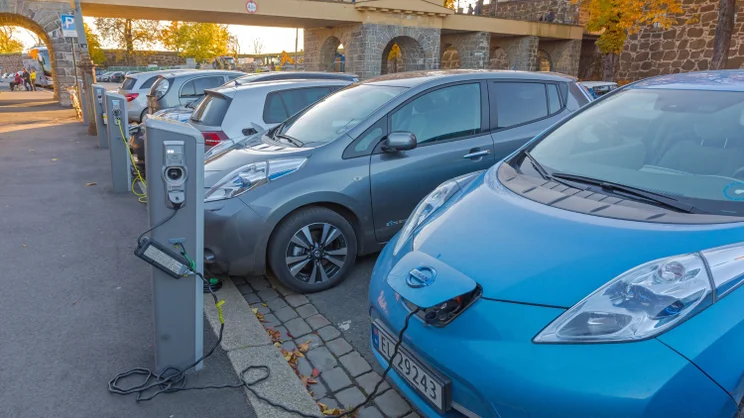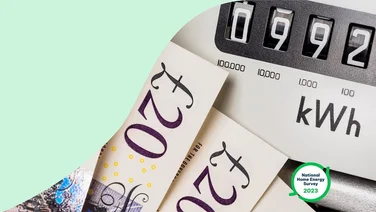- Part of the government’s Plan for Change, £25m of the £63m has been awarded to local authorities to expand access to cheaper at-home charging
- The NHS in England is also receiving a major sustainability upgrade
- The government is also modernising EV charging signage on major roads

Drivers across England are set to see an electric vehicle (EV) revolution after the government announced a £63m funding boost to ‘supercharge’ Britain’s EV infrastructure, driving down charging costs and giving funding back to working people.
Part of the government’s Plan for Change, £25m of the £63m has been awarded to local authorities to expand access to cheaper at-home charging. This will provide access to cheaper household rates, allowing consumers to save up to £1,500 a year compared to running a petrol or diesel car.
Heidi Alexander, transport secretary, Department of Transport said the cross-pavement technology will allow cables to run safely beneath pavements, connecting homes directly to parked vehicles, enabling more families to “tap into cheaper domestic electricity rates”. This will equate to as little as 2p per mile, even if drivers don’t have a driveway.
The fund is the latest move to bolster the UK’s growing charging network, which has reached a record 82,000 public chargepoints, with a further 100,000 expected to be installed as a result of the government’s Local EV Infrastructure Fund and £6bn of private investment committed to 2030.
“We are making it easier and cheaper to own an EV,“ Alexander said. “We know access to charging is a barrier for people thinking of making the switch, so we are tackling that head on so that everyone – whether or not they have a driveway – can access the benefits of going electric.”
To ensure the savings the EV transition can bring are felt in the public sector too, Alexander said the NHS in England is also receiving a major sustainability upgrade. It will receive an £8m fund to power the electrification of ambulances and medical fleets across more than 200 NHS sites.
This latest investment, according to Alexander, is part of a major plan to support motorists, including a record £1.6bn invested to tackle potholes and bring down and frozen fuel duty at 5p until Spring 2026, saving the average motorist £50 to £60 over the year.
She said the investment is more than just about charging points and is designed to boost the UK’s economy and make bills cheaper and save the NHS money.
“This is what our Plan for Change mission to kickstart Britain’s economy looks like in practice. We’re not just boosting charging infrastructure, we’re building a fairer, cleaner future where every family can benefit from cheaper, greener transport, while creating thousands of jobs across the country.”
More than 1,200 new charging sockets will deliver a more efficient, modern health system, while generating millions in cost savings over the next two decades for the taxpayer on maintenance and fuel costs.
The modernisation of Britain’s EV infrastructure
To help EV drivers plug into the rapidly expanding charging network, the government is also modernising EV charging signage on major roads.
Ian Johnston, CEO, Osprey welcomed the news, saying that it will help drivers who are looking to switch to an EV.
“This is a welcome first step and we look forward to continuing to work closely with ministers and officials to achieve clear signage for the hundreds of high-quality EV charging hubs being opened across the nation,” Johnston explained.
Alexander also confirmed that the number of EV charging hubs have more than doubled since the beginning of 2023 and immediate changes will allow larger EV charging hubs to be signposted from major A-roads for the first time.
“The government is committed to boosting charging for long journeys, with £400m announced in the Spending Review to support charging infrastructure, including on the strategic road network,” she said.
Alongside this boost for EV drivers, the government is also launching a major new grant scheme to help businesses install charging points at depots nationwide, to support the nation’s heavy goods vehicles, vans and coach drivers in the transition to zero emissions.
The actions follow the recent updates to the Zero Emission Vehicle Mandate to make it easier for the sector to switch to electric.
Owning and buying an EV is becoming increasingly cheaper, with two in five used electric cars sold at under £20,000 and 34 brand new EVs are available from under £30,000.
The UK was also the largest EV market in Europe in 2024 and the third in the world with more than 382,000 EVs sold – up a fifth on the previous year. There are now more than 82,000 public chargepoints in the UK.






